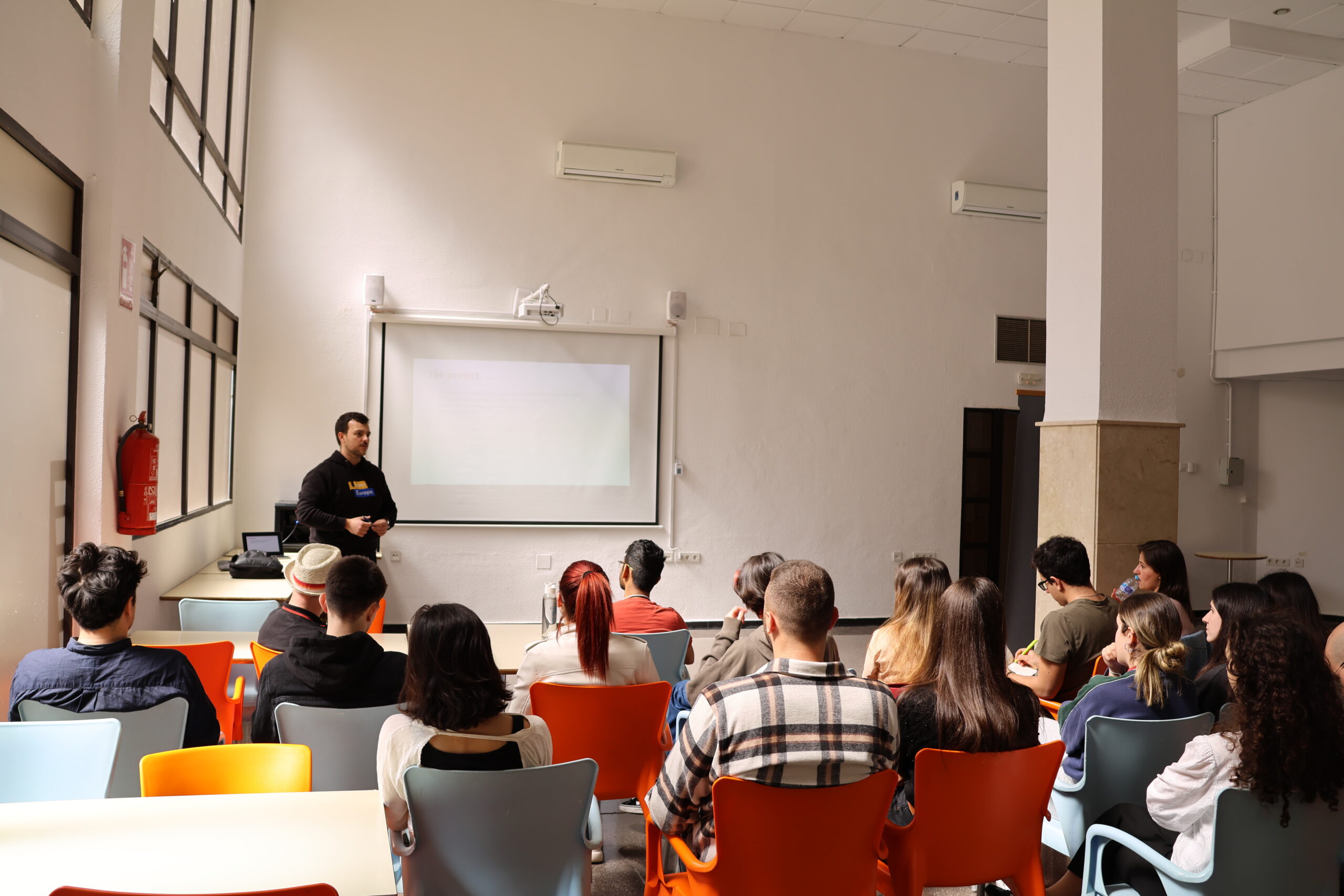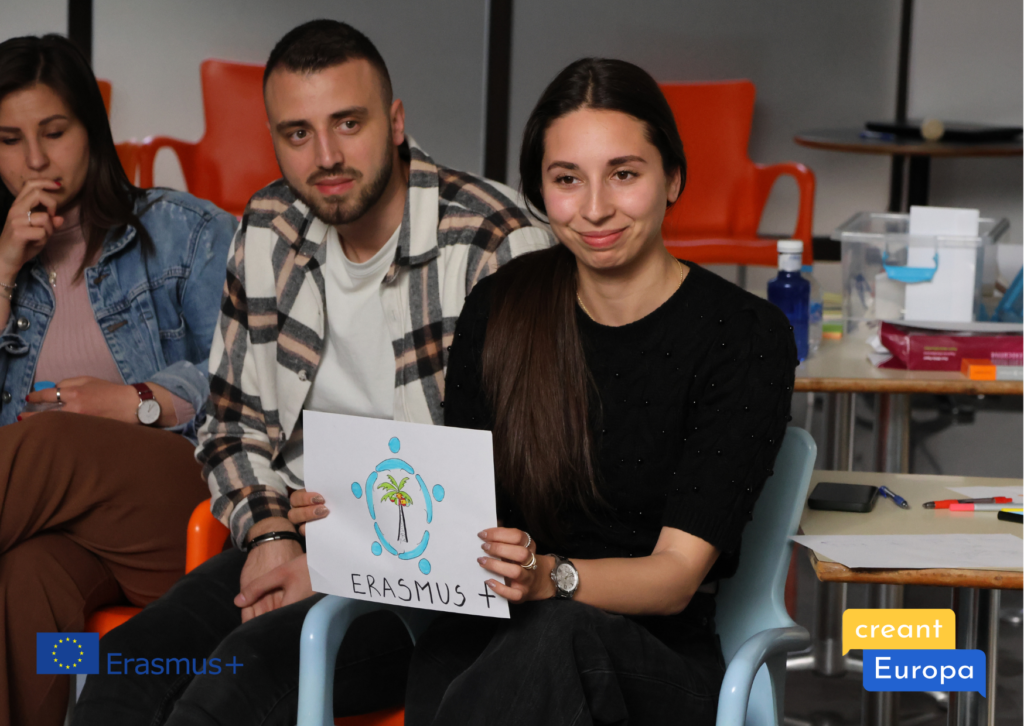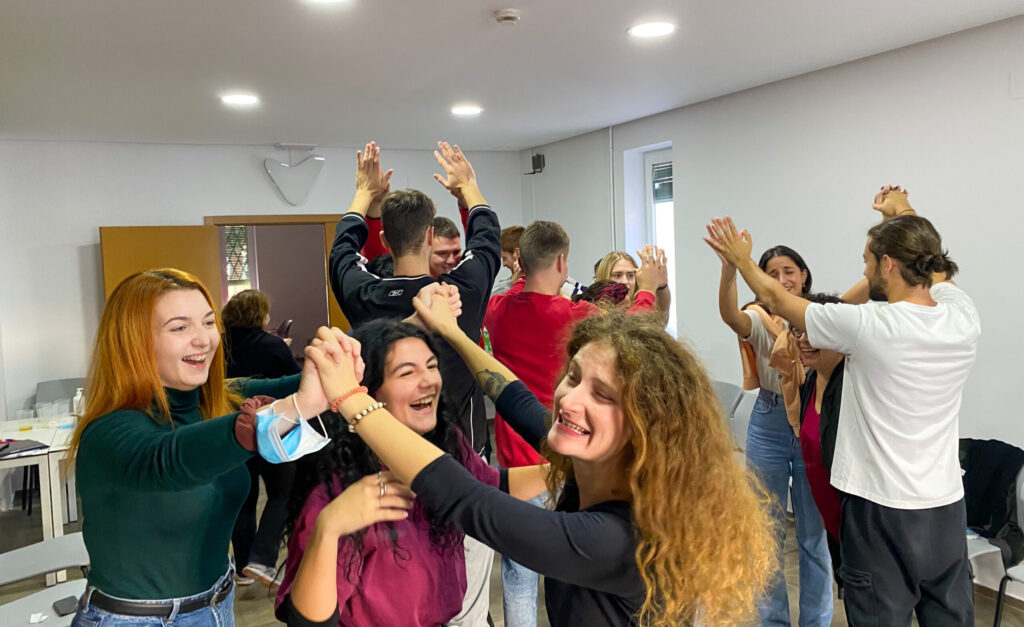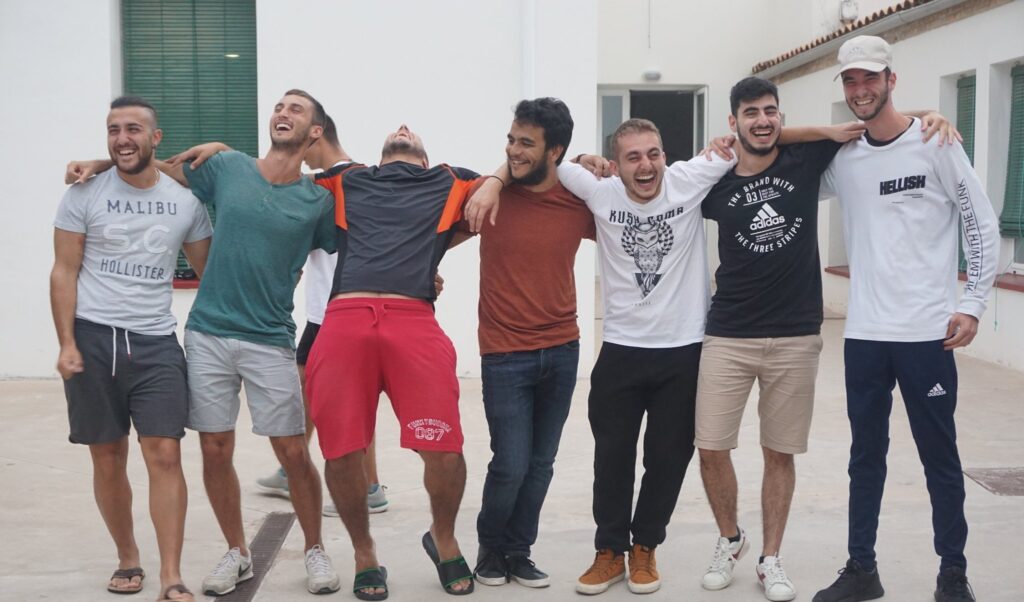
An Erasmus+ Training Course is an international educational opportunity designed for youth workers, educators, and young leaders who want to expand their skills, learn innovative practices, and network with peers from across Europe. These training courses typically last between 2 and 10 days and take place in different European countries, providing an enriching cross-cultural learning environment.
Participants engage in non-formal learning methods, such as interactive workshops, role-playing, collaborative group work, and real-life case studies, making the learning process dynamic and practical. Topics covered vary widely, including leadership skills, social inclusion, digital literacy, mental health, environmental sustainability, and more. The courses aim to equip participants with the tools and knowledge to make a positive impact in their communities and organizations.
Funded by Erasmus+, these training courses are often accessible at low or no cost, encouraging diverse participation. They also foster a valuable exchange of ideas and best practices among participants from different backgrounds and professional experiences.
For more information, you can visit the official Erasmus+ page.

The Objectives of the Erasmus+ training course aimed to empower young people aged 18 to 35 and promote democracy in youth work.
Throughout the week-long project, key concepts of leadership and how leadership works in youth work were covered. A wide range of topics related to youth work such as democracy in youth work, leadership skills, communication styles, conflict resolution, and more helped the participants to understand how a facilitator should work during the youth exchanges and workshops.

This training course focused on developing the skills and attitudes needed to peacefully resolve conflicts in the context of youth work. It was implemented in Benicàssim, Castellón, and attended by 20 youth workers from Spain, Italy, Portugal, Greece, and Lithuania.

This training course brought together 20 youth workers from Spain, Lithuania, Turkey, Portugal, Romania and Germany to devise new ways of using youth work to help with refugee integration.